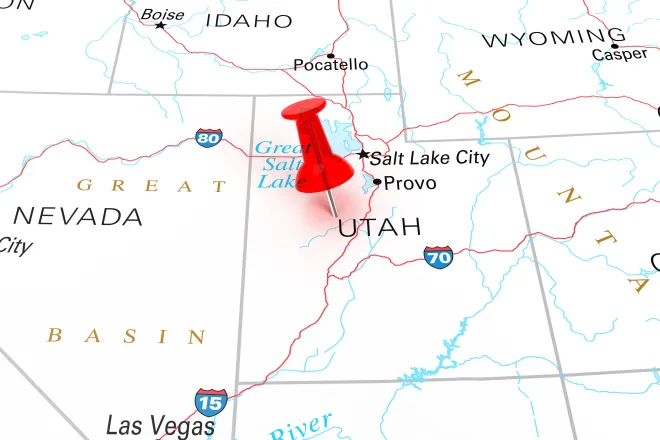
EPA upholds Montana farmers' 'right to repair'
(Big Sky Connection) The Environmental Protection Agency has upheld Montana farmers' right to repair their own equipment, and says doing so does not violate the Clean Air Act.
Montana farmers and ranchers joined with the National Farmers Union in writing to the EPA to oppose equipment manufacturers and dealers, who claimed farmers shouldn't be working on the emission-control systems on their high-dollar machinery. The farmers union said the dealers cited the Clean Air Act as justification for limiting the right to repair their own gear.
The EPA has sided with the farmers.
Montana Farmers Union President Walter Schweitzer said the last thing a farmer or rancher wants to do is run afoul of the Clean Air Act.
"It's quite frankly the opposite," he said. "What EPA wants and requires is the equipment manufacturers to give the farmers and ranchers, and the equipment owners, the tools so that they can maintain their emissions."
The "right to repair" movement isn't limited to farm machinery. Many states have legislation pending or have taken action on a person's right to have access to the tools they'd need to repair anything from smartphones and wheelchairs to e-tablets and heavy equipment.
Schweitzer added that when it comes to farming in Montana, waiting for an authorized tractor dealer to come to his farm and fix a piece of equipment can mean the difference between harvesting a crop before bad weather hits and losing it.
"Well, that happened to me," he said. "I was haying, had a tractor hooked to my baler, and I had a fuel sensor that was failing, and so it was shutting my tractor down randomly. So, here I am - I've got hay in a windrow ready to bale, rain could wreck it, and I don't have a tractor to bale."
The ruling by the EPA requires dealers to provide necessary software to farmers, allowing them to diagnose and fix their own farm equipment emissions issues. In this case, Schweitzer said, being able to do that would have saved him a $5,000 fuel-sensor repair bill.
















